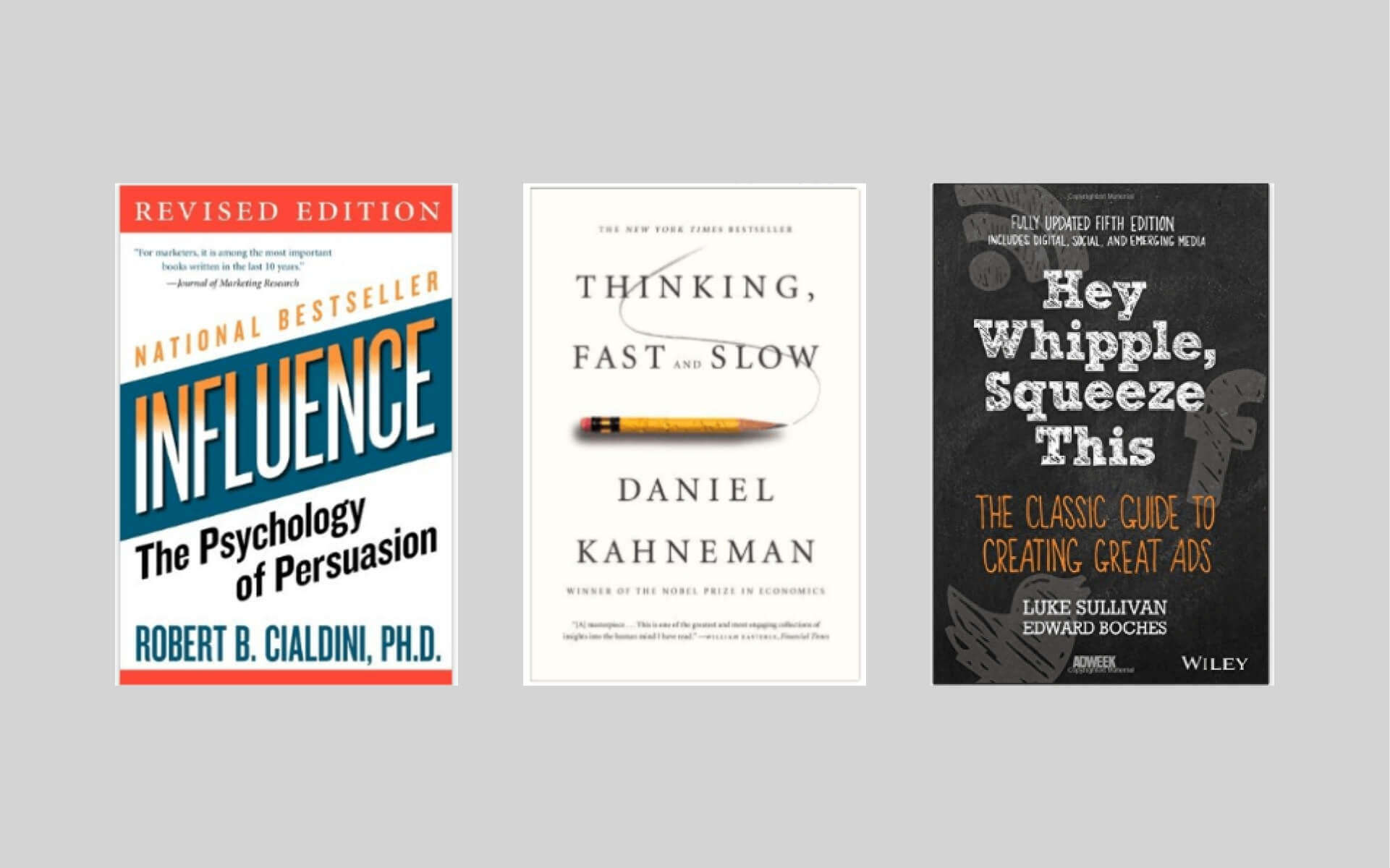Everybody’s got a list of books they think you should read. Here’s mine. I put it together with the vast responsibilities (managing up, managing down, generating creative ideas, dealing with unholy amounts of stress, etc.) of today’s higher ed marketing and enrollment leaders in mind. I hope it helps.
1) Influence: The Psychology of Persuasion
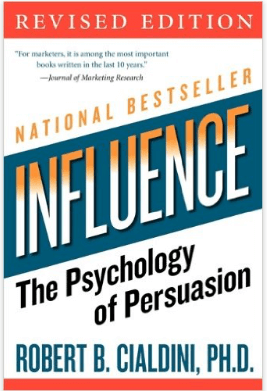
It might not be the most romantic way to think about higher ed marketing and admissions, but at the end of the day your job is to get somebody else to do a thing you want them to do. More than any other book, Robert Cialdini’s treatise on the science behind how marketing actually works has shaped the way I think about that very basic reality.
Based on decades of experiments and research, Cialdini clearly distills the concepts that motivate people to take a specific action or buy a certain thing. It’s a fascinating look at human behavior, and it will give you a million ideas for how you can incorporate quantifiable facts about human nature into your work. You should read it. Your admissions counselors should read it. Your creatives should read it.
2) Thinking, Fast and Slow
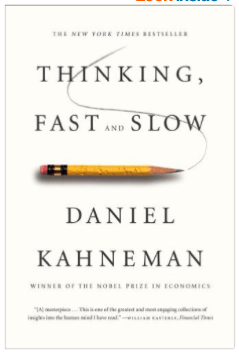
Already considered a classic despite being published just a few short years ago, Daniel Khaneman’s book about the workings of the human mind is an invaluable resource. Be prepared to be humbled, however, as he helps you understand—fascinating paragraph by fascinating paragraph—how little you know about the world and yourself, and how little control you actually have over either.
That might sound depressing, but truly it’s not. Kahnemam, a Nobel Prize winner, really just wants to help you understand your default biases so you can overcome them. When you do that, you’ll be a better decision-maker, a better leader, and you’ll be much more valuable to your institution.
3) Made to Stick: Why Some Ideas Survive and Others Die
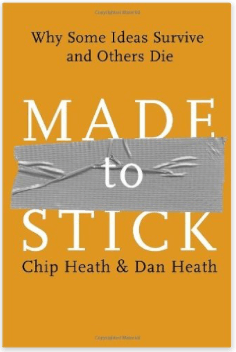
This is a clever little book by brothers Chip and Dan Heath (a couple super smart professors at Stanford and Duke, respectively). The principles are sound, the writing’s engaging, and the anecdotes are absolutely first rate; but the real reason to read it is for the practical tips on how to make people care about the stuff you want them to care about. Absolutely get a copy for all the writers in your marketing department.
4) Hey Whipple, Squeeze This
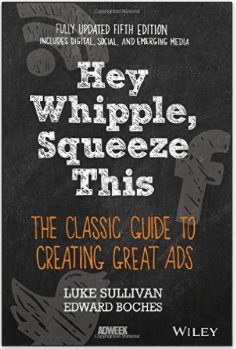
If you run a marketing or admissions office, then chances are you manage at least one creative—a writer, or designer, or videographer—who’s responsible in some way for presenting your institution to the outside world. Creatives are, to be blunt about it, different, and they can be tricky to manage if you don’t understand much about where they come from and what motivates them. This book will give you a little insight into them as people and the kinds of work they’re capable of producing for you.
5) Anything by, or inspired by, Daniel Goleman
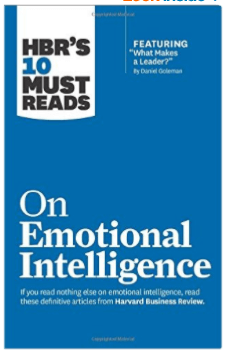
You know that feeling you get when you’re sitting in a cabinet meeting and someone you thought you could trust stabs you in the back while simultaneously throwing you under the bus? And your spine gets hot and your fists clench under the table? And, even though you don’t actually throw a punch or stab someone with your Bic, you still respond defensively and childishly? And then later feel ashamed that you didn’t handle the whole thing a whole bunch better?
Well, Daniel Goleman has a name for that. He calls it the “amygdala hijack,” the process whereby your old, primitive, self-preserving brain shuts off your best self and readies you for a good ol’ fashioned fight. A hundred thousand years ago, that type of instinct might have kept you alive (you know, like in a confrontation with a competitor who wanted to kill and eat you)—but in a board meeting, not so much. In today’s world, people who can recognize and control these seemingly hardwired responses go far. We generally like these folks—they always seem cool and collected, and they can act passionately but never irrationally—and call them emotionally intelligent.
Goleman is the father of emotional intelligence. He literally coined the term. If you want to be a healthier and happier person, a better leader, a more in-touch human, then his research and writings will help you personally and professionally.
6) Crucial Conversations: Tools for Talking When the Stakes are High
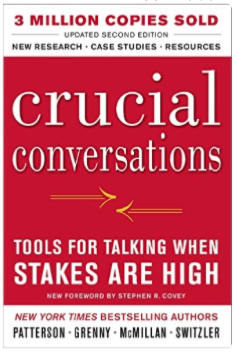
Do you deep-down know that it’s time to demand a raise or promotion? Are you dreading making the case for a bigger budget? Is it time to fire the admissions counselor who is significantly underperforming her peers? Do you not know how to tell your spouse—without them flying off the handle—that the current division of household labor is simply not fair?
Whether you’re talking to your president, to a direct report, to an angry parent, or even to your child or your spouse—clearly stating what you need can sometimes feel impossible. This book will help you overcome your fear of those tough talks and give you a system for engaging in them successfully. (I’m generally skeptical of any book that seems even vaguely self-helpish, but this slender volume is full of truly valuable research-backed insights and advice.)
Joel Anderson is Waybetter’s VP of Marketing & Strategy. Higher ed is all he knows.
